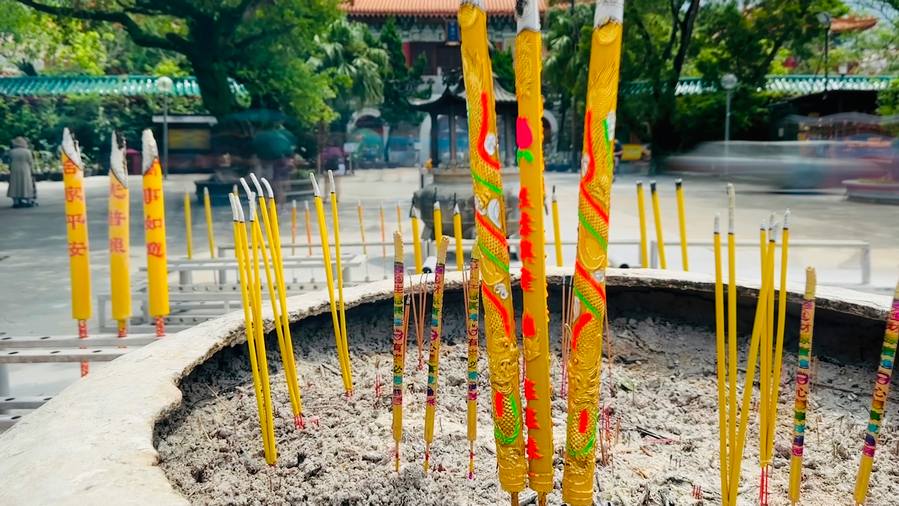290
“It is impossible, mendicants, it cannot happen that someone who has engaged in bad bodily conduct, could for that reason alone, when their body breaks up, after death, be reborn in a good place, a heavenly realm. But it is possible that someone who has engaged in bad bodily conduct could, for that reason alone, when their body breaks up, after death, be reborn in a place of loss, a bad place, the underworld, hell.”
291–292
“It is impossible, mendicants, it cannot happen that someone who has engaged in bad verbal … bad mental conduct could, for that reason alone, when their body breaks up, after death, be reborn in a good place, a heavenly realm. But it is possible that someone who has engaged in bad verbal … bad mental conduct could, for that reason alone, when their body breaks up, after death, be reborn in a place of loss, a bad place, the underworld, hell.”
293
“It is impossible, mendicants, it cannot happen that someone who has engaged in good bodily conduct could, for that reason alone, when their body breaks up, after death, be reborn in a place of loss, the underworld, a lower realm, hell. But it is possible that someone who has engaged in good bodily conduct could, for that reason alone, when their body breaks up, after death, be reborn in a good place, a heavenly realm.”
294–295
“It is impossible, mendicants, it cannot happen that someone who has engaged in good verbal … good mental conduct could, for that reason alone, when their body breaks up, after death, be reborn in a place of loss, a bad place, the underworld, hell. But it is possible that someone who has engaged in good verbal … good mental conduct could, for that reason alone, when their body breaks up, after death, be reborn in a good place, heavenly realm.”
Read the entire translation of Aṅguttara Nikāya 1.287–295 Tatiyavagga by Bhikkhu Sujato on SuttaCentral.net. Or read a different translation on SuttaFriends.org. Or listen on PaliAudio.com or SC-Voice.net. Or explore the Pali on DigitalPaliReader.online.
Or read a translation in Deutsch, Srpski, فارسی, বাংলা, Español, Français, עִבְֿרִיתּ, हिन्दी, Magyar, Bahasa Indonesia, Italiano, 日本語, ಕನ್ನಡ, မြန်မာဘာသာ, Norsk, Português, Русский, සිංහල, ไทย, Tiếng Việt, or 汉语. Learn how to find your language.


